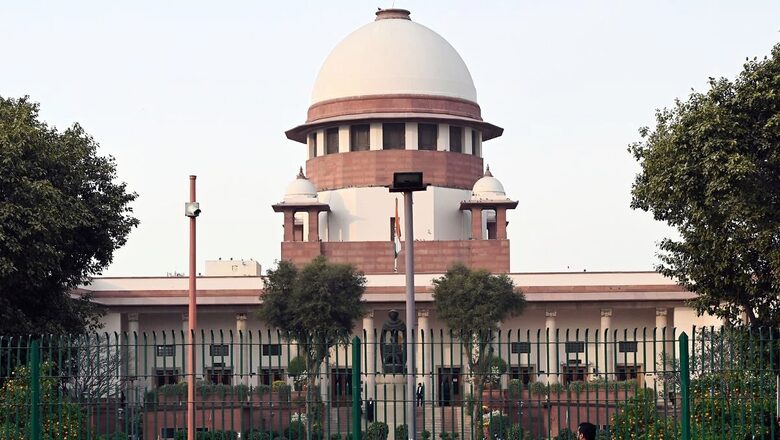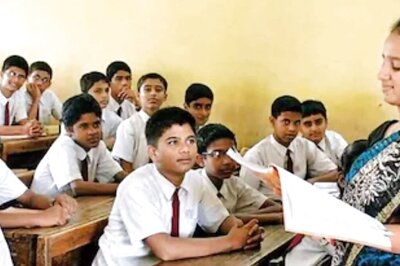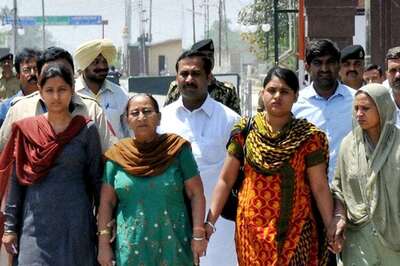
views
The Supreme Court on Monday declined to entertain a plea challenging the Jammu and Kashmir Lt Governor’s power to nominate five members to the Assembly on the recommendations of the Union Ministry of Home Affairs, asking the petitioners to move the J&K High Court first.
“Go to the high court,” a bench headed by Justice Sanjiv Khanna told senior advocate Abhishek Manu Singhvi, appearing for the petitioner, Congress leader, Ravinder Kumar Sharma who contended that such nominations by the unelected Lt Governor can throttle the electoral verdict.
“We are not inclined to entertain the present petition filed under Article 32 of the Constitution of India and give liberty to the petitioner to approach the jurisdictional high court by way of a writ petition under Article 226 of the Constitution of India,” ordered the Bench, also comprising Justice Sanjay Kumar, clarifying that it has not expressed any “opinion on merits”.
*”In many cases where we have entertained at first instance (bypassing High Court), we see many things get left out,” the court remarked.
As per the J&K Reorganisation Act 2019 and J&K Reorganisation Amendment Act 2013, all the five nominated members will have voting rights in government formation.
Among the nominated members, two will be women, two from the Kashmiri Pandit displaced community, including at least one woman, and one from the West Pakistan refugees.
Political parties, except the BJP, in J&K have criticised the power of the Lt Governor, arguing that it amounts to “an assault on democracy and is violative of the fundamental principles of the Constitution”.
In the petition, Sharma said the nomination of 5 MLAs with voting rights would alter the balance of power in the J&K Assembly.
The decision of the Supreme Court will have a long-term impact on the government formation in the UT although at present, the National Conference has staked claim to power with the support of 56 MLAs out of the 90 elected members of the Assembly.
Even if it is presumed that the simple majority will have to be determined out of 95 MLAs (90 elected plus 5 nominated), the simple majority would still be 48 and the NC is well beyond the number.
On Friday, NC Vice President Omar Abdullah called on Lt Governor Manoj Sinha at the Raj Bhavan in Srinagar and staked a claim to form the government.
The NC has 42 members in the Assembly, and its allies Congress and CPI-M, six and one, respectively. The BJP has 29, the PDP three, the AAP and the Peoples Conference one each, and there are seven Independents.
Of the 7 Independent candidates who won the Assembly election, most, including Pyare Lal Sharma, Satish Sharma, Mohammad Choudhary Akram, Dr Rameshwar Singh, and Muzaffar Iqbal Khan, have decided to support the NC. The Aam Aadmi Party’s (AAP) lone winner, Mehraj Malik has also said it would support the NC.
Abdullah had said that the first business of the J&K cabinet would be to pass a resolution for the restoration of statehood. “It should be the first business of the cabinet to pass a resolution asking the Centre to restore statehood to J&K. The Chief Minister should then travel to Delhi with the resolution and ask the government to restore our statehood,” he said.
Omar Abdullah admitted that there are apprehensions that the government in a Union Territory setup might have limited powers.




















Comments
0 comment